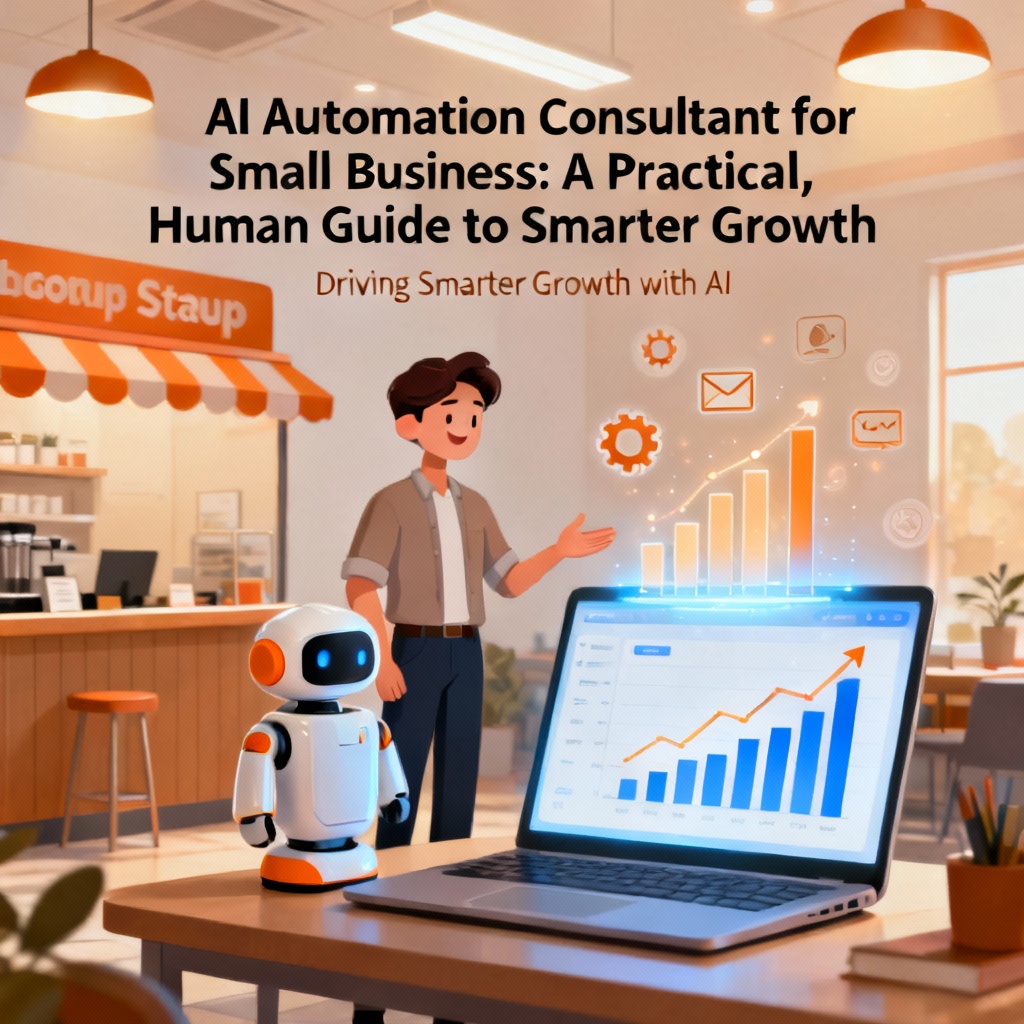What is Artificial Intelligence in Technology
What is artificial intelligence in technology is a question many people are asking as AI becomes part of our daily lives. In simple terms, artificial intelligence refers to computer systems designed to mimic human intelligence—learning, reasoning, problem-solving, and adapting to new information. From voice assistants like Siri to self-driving cars, AI is transforming industries and making tasks faster and more efficient. In this guide, we’ll explore AI’s meaning, how it works, and its impact on modern technology, so you can better understand the innovation driving our future.
Understanding Artificial Intelligence
Artificial intelligence (AI) is the branch of computer science that focuses on creating systems capable of performing tasks that normally require human intelligence. These tasks can include recognizing speech, understanding natural language, analyzing data, and even making predictions. AI can be categorized into two main types: narrow AI, which is designed for specific tasks, and general AI, which aims to think and learn like a human across different areas.
How Artificial Intelligence Works
AI works through algorithms, data, and computing power. Machine learning—one of AI’s core components—allows systems to learn from data patterns and improve over time. Deep learning, a subset of machine learning, uses neural networks to simulate how the human brain processes information, making it possible for AI to recognize images, translate languages, and even create original content.
Applications of AI in Technology
AI is deeply integrated into today’s technology. It powers recommendation systems on streaming platforms, optimizes traffic flow in smart cities, detects fraud in banking, and enables personalized healthcare treatment plans. In manufacturing, AI-driven robots streamline production lines, while in customer service, AI chatbots handle inquiries 24/7.
Benefits of Artificial Intelligence
The benefits of artificial intelligence in technology include increased efficiency, reduced human error, cost savings, and the ability to analyze vast amounts of data quickly. AI also enhances decision-making, helping businesses adapt faster to market changes and customer needs.
Challenges and Concerns of AI
While AI offers tremendous potential, it also raises concerns about job displacement, data privacy, and ethical decision-making. There are ongoing debates about the transparency of AI systems and how to ensure they are fair, unbiased, and secure.
Future of Artificial Intelligence in Technology
The future of AI looks promising, with advancements expected in natural language processing, robotics, and autonomous systems. AI is likely to play a major role in emerging technologies like the metaverse, quantum computing, and advanced medical diagnostics.
Final Thoughts
Understanding what is artificial intelligence in technology is essential in today’s digital era. AI is no longer a futuristic concept—it’s already shaping the way we work, communicate, and solve problems. By staying informed, you can take advantage of AI’s opportunities while being mindful of its challenges.










